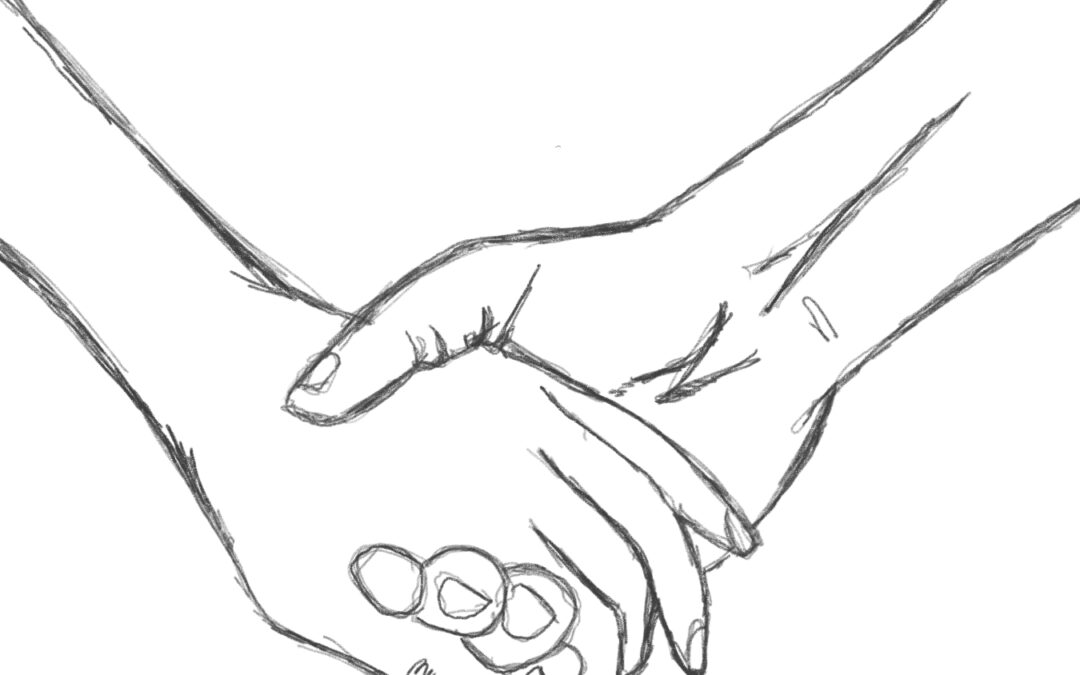You have never seen before the street lamps turning up together in an instant and light up the city. Returning home, the sky still clear, the hill of old houses lit up in front of your eyes. Few people now live clinging to the rocks of Artena. Few crowd the steps of the mother church on the top. During the week, donkeys still carry mail to the old woman who sits on the threshold between the narrow streets made of stairs. These are paths that knew no cars. The postmen stop to drink coffee halfway up, at a bar that overlooks a small square, and the small square overlooks all the view around it: the towns spread out, below the Roman hills, the cultivated countryside, and the roads that glow in the evening of bright headlights.
You do not hear Italian being spoken, a lot of dialect, and some foreign languages of immigrants who have found an unexpected refuge among the emptied houses. Their children play in the street and watch you pass by, wary and curious at the same time. Cats lie on the stone parapets. As you turn the narrow corner, up the steps, there is a small courtyard. You then notice a noble house, but it is silent now. The windows barred by large pieces of wood, the shutters closed. You wonder what treasures have been forgotten and if anyone else besides you would care to know. The railings are elegant, the lamppost in the centre of the courtyard is painted black and has two rococo motifs on top. The dust and cobwebs, the dried ivy that once clung to it, cannot detract from the poetry of that corner. As if from a distance, you can imagine the laughter and chatter of an Easter not too far away.
As the sun rolls away, down into the valley (where almost everyone, sooner or later, has rolled away, conveniently) for a moment everything is covered in gold and the water from the drinking fountain looks like crystal.
Finally, when night falls, some children go play on the small square halfway to the top, framed by a wide panorama that makes the eyes wander into the night. It is a place made for lovers, but children are not aware of it. Just as they don’t seem to be aware of many things: that if the ball goes over the stone fence it is lost in the darkness of the narrow streets, in the distant city, in the countryside, in the roads with the sparkling lights, in the valley, like everything else. Besides, there would be no point in telling them, it would be like saying something absurd, in another language (or in Italian…). Similarly to the postmen, the barman who serves them coffee, the donkeys, and the old lady on the threshold: they all cling to that old charm and don’t seem to be aware, or care, about the empty little houses, the quiet corners and the valley, growing below. The church bells ring, their song, the same as always, protects the hill.

Ricordo di Artena
Non hai mai visto prima i lampioni illuminarsi insieme in un istante e accendere la città. Tornando a casa, il cielo ancora chiaro, la collina di vecchie case si è illuminata di fronte ai tuoi occhi. Pochi, ormai, vivono aggrappati alle rocce di Artena. Pochi affollano i gradini della chiesa madre, sulla cima. In settimana, gli asini ancora portano la posta alla vecchietta che siede sulla soglia tra le stradine fatte di scale. Sono percorsi che non conoscevano automobili. I postini si fermano a bere il caffè a metà strada, su un bar che da su una piazzetta, e la piazzetta da su tutto il panormana intorno: le città distese sotto le colline romane, le campagne coltivate e le strade che la sera brillano di fanali accesi.
Non si sente parlare italiano, molto dialetto, e qualche lingua straniera di immigrati che hanno trovato un inatteso rifiugio tra le abitazioni svuotate. Alcuni dei loro bambini giocano per strada e ti guardano passare diffidenti e curiosi insieme. I gatti stesi sui parapetti di pietra, fanno da padroni. Svoltato l’angolo stretto, tra i gradini, ecco un piccolo cortile. Ti accorgi allora di una casa nobile, ma è muta ora. Le finestre sbarrate da grossi pezzi di legno, le persiane chiuse. Ti domandi quali tesori sono stati dimenticati e se mai a qualcun’altra persona che a te interesserebbe saperlo. Le ringhiere sono eleganti, il lampione al centro del cortile è pittato di nero e ha due motivi rococò in cima. La polvere e le ragnatele, l’edera secca che vi si era aggrappata un tempo, non possono togliere la poesia di quello scorcio. Come da una distanza, ti pare di immaginare risate e chiacchiere di Pasque non troppo lontane.
Mentre il sole rotola via, giù nella valle (lì dove quasi tutti, prima o poi, sono rotolati via, comodi) per un momento tutto si ricopre d’oro e l’aqua della fontanella potabile, sembra di cristallo.
Quando la sera, infine, scende, alcuni bambini vanno a giocare sulla piazzetta a metà strada dalla cima, incorniciati da un panorama largo, che fa vagare lo sguardo nella sera. È un luogo fatto per gli innamorati, ma i bambini non lo sanno. Come sembra non sappiano tante cose: che se la palla sorpassa il muretto è persa nelle stradine buie, nella città lontana, nella campagna, nelle strada coi fanali accesi, nella valle, come tutto il resto. D’altronde non servirebbe dirglielo, sarebbe come se dicessi una cosa assurda, in un’altra lingua (o in italiano…). Così come i postini, il barista che serve loro caffè, gli asini e la vecchietta sulla soglia: tutti restano appiccicati a quel fascino antico e sembra non vedino, o non si importino, delle casette vuote, degli angoli silenziosi e della valle, che cresce sotto. Le campane della chiesa suonano, il loro canto, uguale sempre, protegge la collina.
Scritto all’alba a Los Angeles (poiché dal brutto della frenesia, mi salva il bello della nostalgia) – 20 aprile 2024




